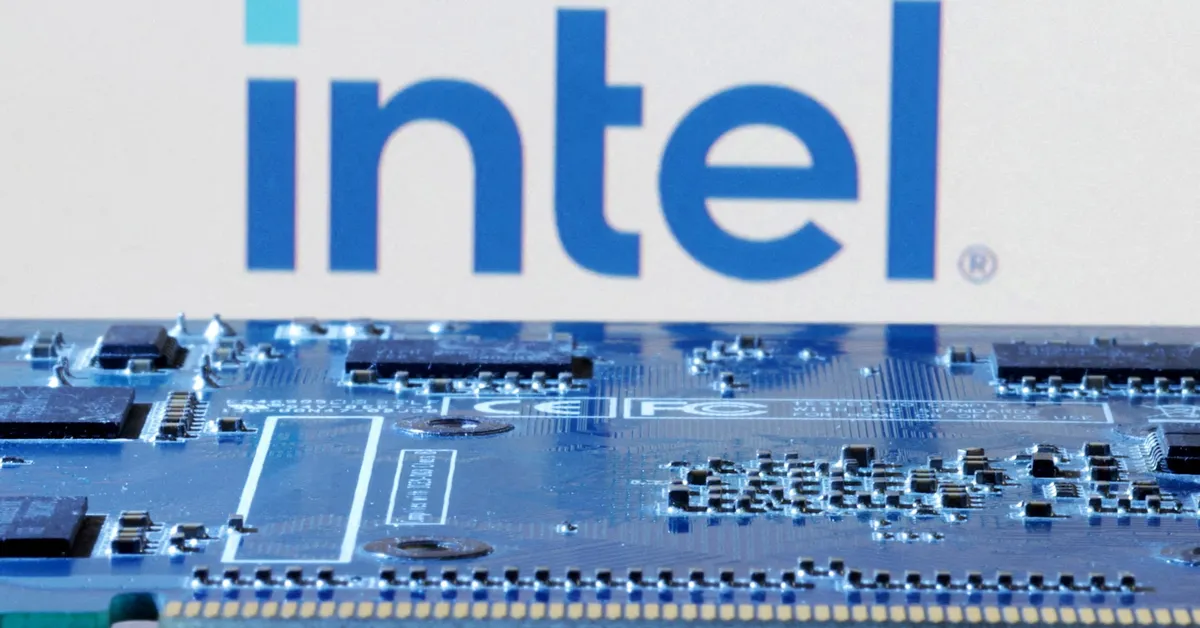
In a recent development, Intel has refrained from commenting on reports regarding potential government involvement in the company. However, the tech giant has reiterated its strong commitment to supporting Donald Trump's initiatives aimed at bolstering U.S. technology and manufacturing leadership. This statement aligns with the ongoing discussions surrounding a possible partnership between the government and Intel.
White House spokesman Kush Desai emphasized that any discussions about hypothetical deals should be treated as mere speculation unless officially confirmed by the administration. This caution reflects the sensitive nature of the ongoing negotiations and the potential implications for both the tech industry and national security.
Following the news, Intel's shares saw a notable surge, climbing over 7% in regular trading and an additional 2.6% after the market closed. This uptick in stock value suggests investor optimism regarding the company's future and potential government support.
The discussions come on the heels of a meeting this week between Donald Trump and Intel CEO Lip-Bu Tan. This meeting is particularly significant as it occurred shortly after Trump publicly criticized Tan, demanding his resignation due to his investments in Chinese tech companies, some of which are allegedly linked to the Chinese military.
According to Bloomberg, details regarding the government's potential stake in Intel, including the size and price, are still under negotiation. Ryuta Makino, an analyst at Gabelli Funds, indicated that a government investment in Intel is plausible, given Trump’s push for the chipmaker to enhance domestic manufacturing and create more job opportunities.
Intel has previously cautioned that it may need to exit the chip manufacturing business if it fails to secure external customers for its factories. The company has also announced plans to slow down construction on new factories in Ohio, highlighting the urgency of its situation.
Since taking the helm just over six months ago, Tan has been tasked with reversing a series of strategic missteps that have left Intel struggling to gain a foothold in the rapidly growing AI chip industry, which is currently dominated by Nvidia. Additionally, Intel's ambitious investment-heavy contract manufacturing strategy has led to significant financial losses.
While it is not uncommon for the U.S. government to acquire stakes in private companies, such actions typically arise in scenarios requiring financial support. Despite Intel's recent challenges and declining stock market value, its annual revenue remains stable at over $50 billion. Consequently, some investors are questioning the necessity of direct government intervention at this stage.
The unfolding situation at Intel reflects broader themes in the tech industry, including the intersections of government policy, national security, and corporate strategy. As discussions progress, the implications for both Intel and the U.S. technology sector as a whole will be closely monitored.
Reporting by Jaspreet Singh and Mrinalika Roy in Bengaluru; Additional reporting by Sayantani Ghosh; Editing by Sriraj Kalluvila and Diane Craft. This report adheres to the Thomson Reuters Trust Principles.